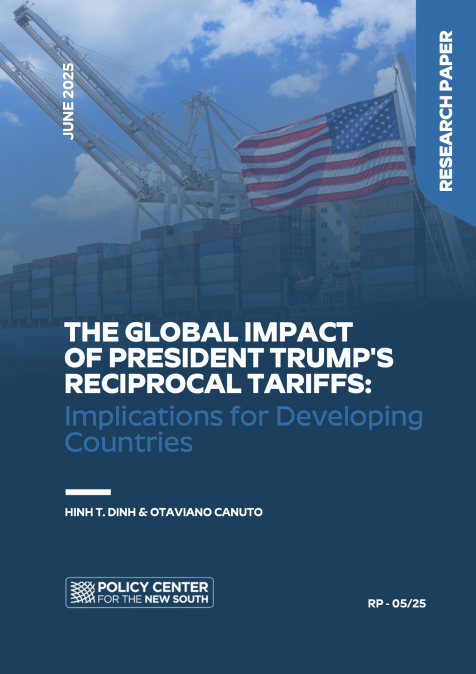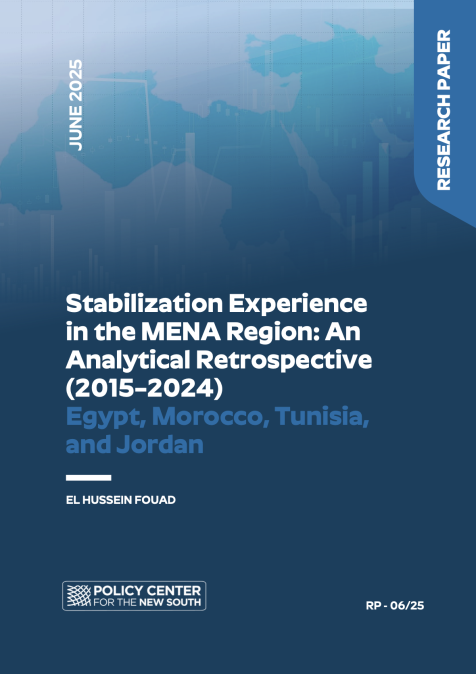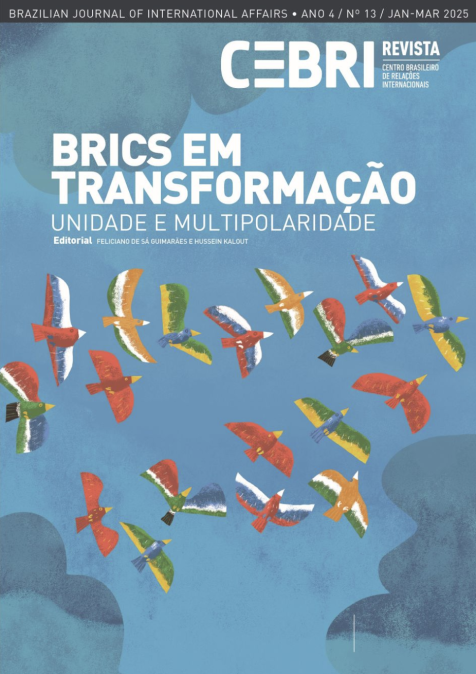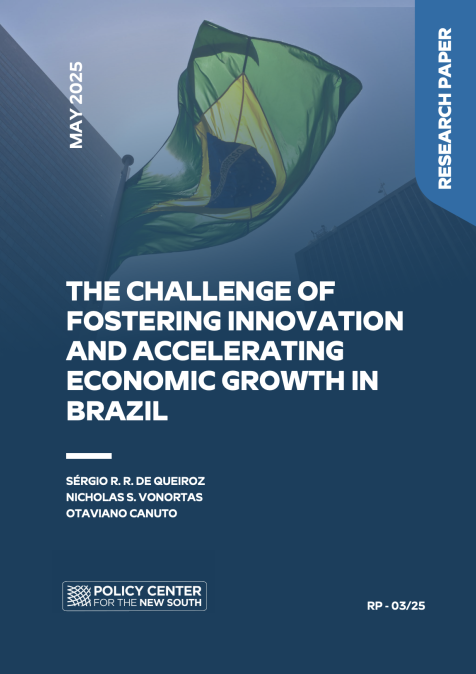Publications /
Opinion
Global GDP has slowed sharply, from near 4% in late 2017 to half that rate on an annualized basis in recent quarters. The downturn in fortunes over the last two years has come as a big surprise. The rapid expansion of 2016/2017 was broad based but died young. Prior to it we had suffered seven long years of slow growth in the wake of the global financial crisis
Why did such a sharp and steady slowdown occur against a background of loose monetary policy, supportive fiscal policy, low inflation and absence of evident large imbalances? As argued in the IMF’s World Economic Outlook report issued last week, the evidence points to the uncertainty over trade tensions as a major contributor.
Manufactures, which are the most traded sector, slowed far more than services. Investment slowed even as consumption remained solid. And world trade has decelerated massively, from growth of nearly 6% in 2017, to zero over the last year, a very unusual occurrence.
The global slowdown has occurred against a background of protectionist steps initiated in Washington and retaliated on by others. These measures included, among many others, the first invocation of national security to tax aluminum and steel and subsequently to threaten autos, and the use of section 301 (unfair trade), unprecedented since the creation of the World Trade Organization, to justify across the board tariffs against China.
In surveys, business executives point to trade tensions and the uncertainty they generate as their single biggest concern. Stock markets have become extraordinarily sensitive to trade news. And the weakness in activity persists despite negative real interest rates. Trade tensions have not only slowed growth but they have also preempted the normalization of monetary policy.
Many were complacent initially about the effects of tariffs, since tariffs were applied to only a small part of world trade, and the effects of tariffs on GDP are known to be small. But this calculus was wrong. Tariffs affect specific sectors in a big way and trade disputes can turn into trade wars, so investors struggle to anticipate where the axe might fall. The cause of the slowdown is not tariffs themselves, but the fear of regime change. In this case, regime change is the passing of the rules-based trading system and its replacement by power struggle.
When policymakers talk seriously about decoupling from China, about imposing 25% tariffs on automobiles, about the collapse of the WTO’s judicial function because of the United States’ refusal to replace its judges, that is the start of regime change.
Economists know quite a bit about the effects of regime change in international trade. Many refer to Smoot-Hawley tariffs and the Great Depression. More recent instances include the sanctions on Iran which have devastated its economy, and the blockade of Gaza which is estimated to have reduced living standards by over 12%. Even these examples fail to convey the potential effects of trade wars in economies where complex production chains have become internationally integrated. To be sure, regime change of the kind we may be entering does not have to mean a total interruption of trade, but it does mean that firms can no longer be sure that they can rely on international trade for customers and suppliers.
Whether or not we have regime change depends crucially on the US, China and the Europeans. Will the US continue to flaunt the rules-based system or is Trump a temporary aberration? Will China adapt its system and conform more closely to that of its major trading partners? Are the Europeans willing to liberalize their agricultural markets, reduce their high tariffs such as those in cars and garments, and is Germany is willing to spend more?
Everyone wants a deal, but it would be naïve to believe that, even after Trump, Americans will lose their fear of a rising China. China is ready to liberalize more and protect intellectual property better, but it would be naïve to think that China is willing to abandon its highly successful Communist-party-controlled and state-driven model. Meanwhile, Europeans, who often claim that they are the virtuous exception, are instead among the most impervious to change
So much is at stake that I believe compromises can be found, allowing the rules-based trading system to survive. But a lot will have to change for that to happen, and it is far from certain that the political will exists. Growth has slowed because investors have taken notice.











